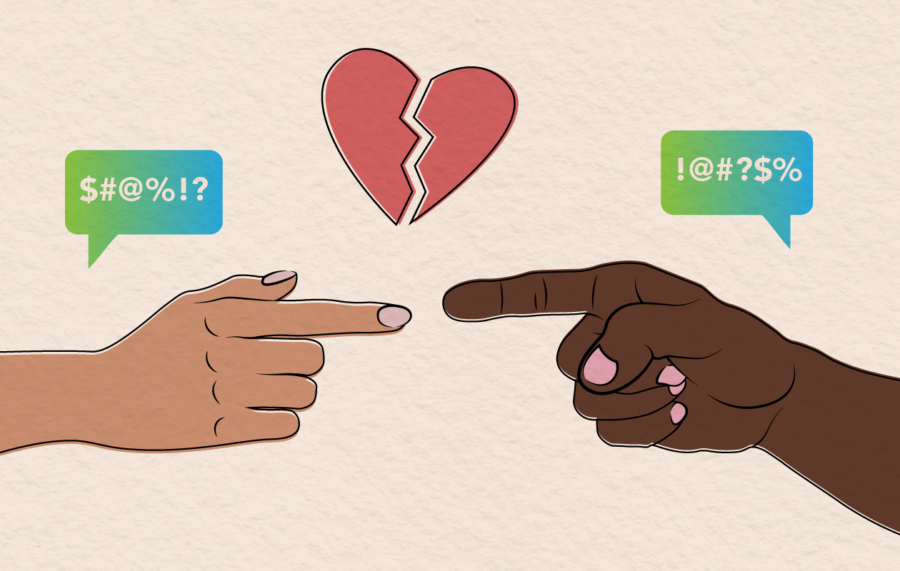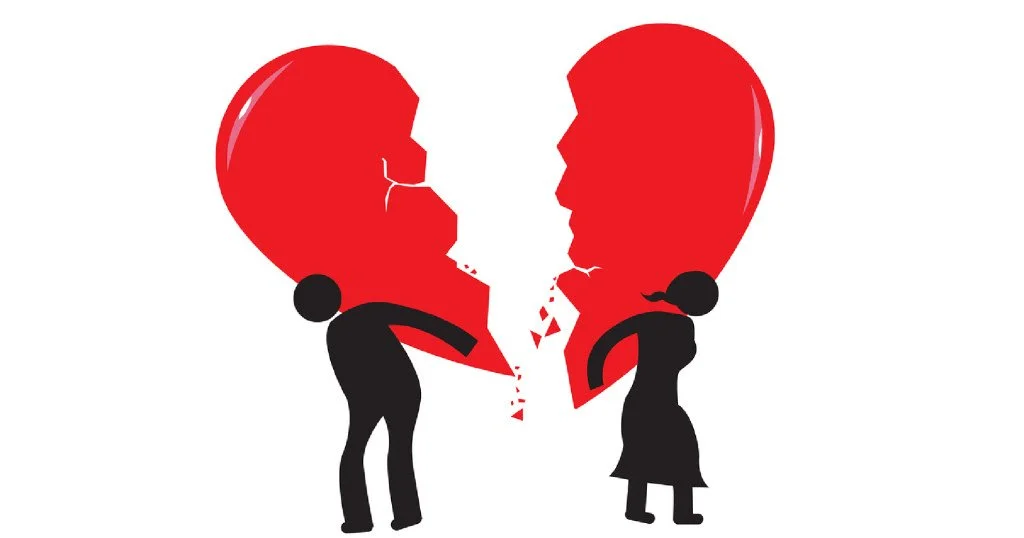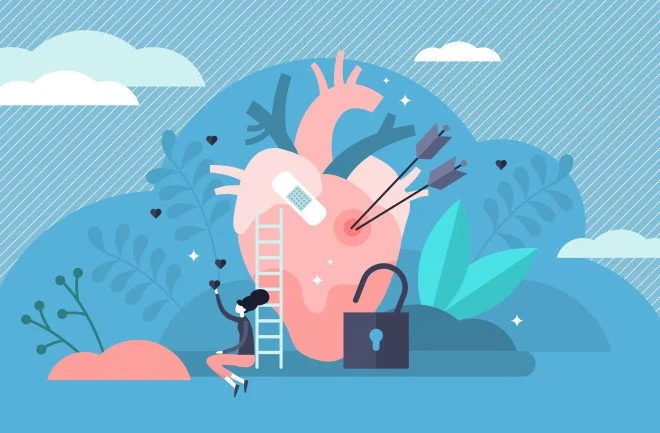Toxic Relationships
Whether you're feeling trapped or manipulated, you can find guidance, support, and resources to help you navigate through this. Here are some ways to recognize red flags, set boundaries, and seek professional help.
Signs you might be in a toxic relationship
-
You’re afraid to express your thoughts and needs, or aren’t properly explaining your feelings. Some examples of dysfunctional communication include gaslighting, manipulation of words, and dishonesty.
-
You feel like you’re less than them, and they often make you feel stupid or ashamed.
-
They might control where you go, what you’re doing, or even what you’re wearing or eating. A good test for this is to think about something you really enjoy doing, if you immediately think “bug so and so might get mad,” then you are probably being controlled or manipulated.
-
It’s normal to experience and express these emotions occasionally, but constantly feeling jealous can lead to you thinking negatively about everything they do, and lead to constant suspicion and mistrust.
How to end an unhealthy relationship
-
Depending on your situation, you may want to consider a safety plan in order to protect yourself from harm. Will this person try to find you after the breakup? Will you need to make some adjustments to your daily routine?
-
Identify your support system and let them know what’s happening. Talk to them about your plan to end the relationship and get some advice.
-
If there were instances of abuse or mistreatment, document them through text messages, photos, phone calls, etc. This is so you can have physical evidence of what was occurring.
-
if you have to do it face to face, do it in a public area. It’s best to also have someone else you trust there with you for support. Make sure to be brief and direct. If you do it by phone or text, be honest with them.
Seek support from a therapist or counselor:
This can provide guidance and perspective in navigating toxic relationships. A trained professional can help you process your emotions, explore healthy coping mechanisms, and develop an exit plan if necessary.
Visit Step 3: “Reaching Out” to learn more about the resources available.
If you need someone to talk to for help, resources, or just to listen, call 1 (866) 331-9474.
Call (800) 656-HOPE for the national sexual assault hotline.
Call 1 (800) 799-SAFE for the national domestic violence hotline.




